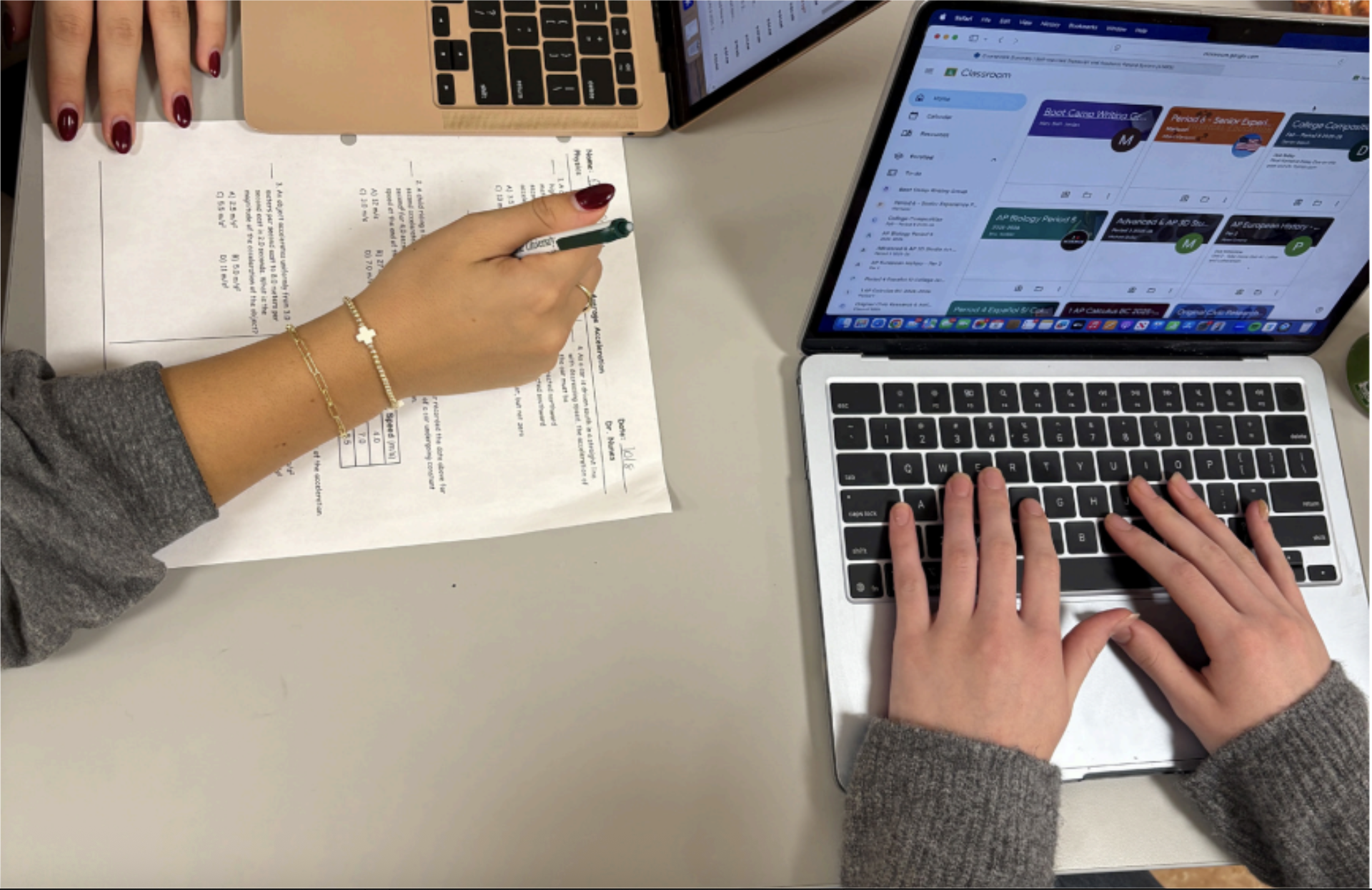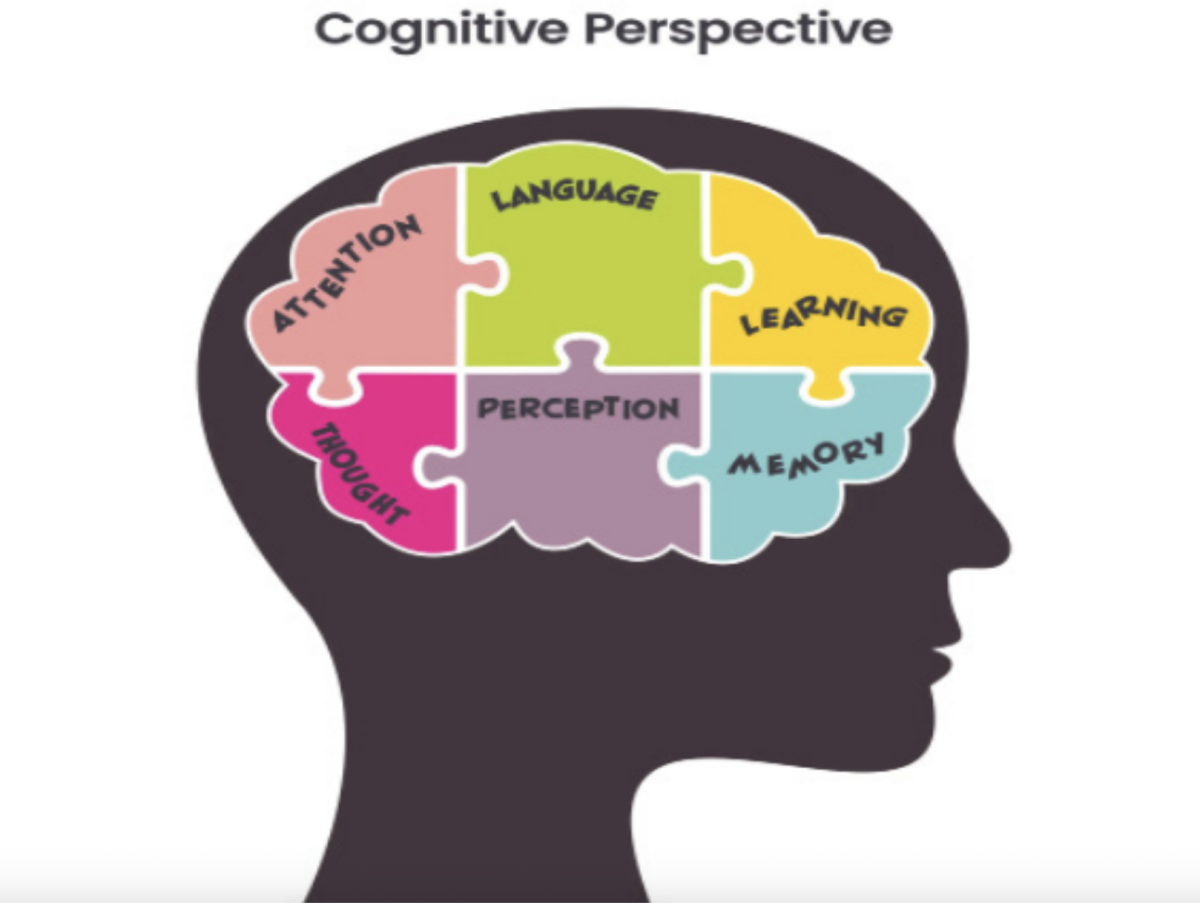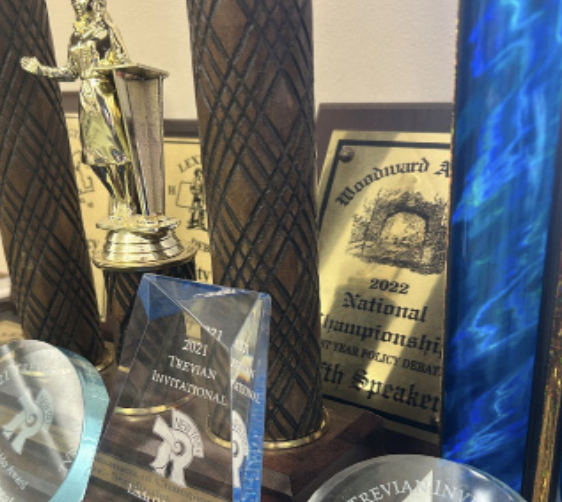As we begin the brand new school year here at Mamaroneck High School and teachers begin to jump into fresh content, it is important that students know what they can do in order to properly set themselves up for success both in and out of the classroom. By reviewing the most effective study methods and learning what upperclassmen do to stay on top of their heavy workloads year-round, students can determine the keys to a successful 2025-26 school year.
Most people believe the best way to study is just by simply sitting down in a quiet spot, getting your materials organized, and doing all of your studying for hours on end until you physically can’t continue. However, it is actually scientifically proven that taking breaks during study time can improve the effectiveness of your session. Short breaks can drastically impact how you perform in classes because they can improve focus, strengthen memory retention, prevent mental fatigue, renew energy levels, and above all, decrease stress.
These benefits, though, will only occur if the nature of your breaks is purposeful: they are activities that give your brain a rest while re-energizing the rest of your body. According to Cornell Health, going for a walk, listening to music, meditating, drawing, and stretching are all great examples of purposeful activities. In contrast, using your study break to go onto social media is an example of a harmful activity because it impedes focus and productivity by increasing stress levels.
Therefore, one of the most effective and popular studying techniques, the Pomodoro Method, doesn’t involve long blocks of deep studying. Rather, it is structured in a way that emphasizes dividing time up into meaningful sections dedicated to certain activities and leaving room for those valuable rest periods.
In essence, the method teaches students to set a 25 minute timer to work on one specific task they need to get done, then once the timer is up, they get a 5 minute break before repeating the 25 minute timer for a new task. After four repetitions of this cycle, they can reward themselves with a longer 20-30 minute break.
This method is an incredibly rewarding and reliable way to structure your out-of-school work. Whether you are tasked with studying for intense tests, writing an essay, or even just completing a worksheet, the Pomodoro Method breaks down deep work into manageable, less intimidating portions for simple completion.
Another study technique that involves purposefully dividing your time up to have an improved academic performance is the Time Blocking Method. This method is simple: all you need to do is specifically plan out how much time is needed for each specific task or topic to be studied. The earlier you begin their planning process, the better. Laying out and organizing all of your work can make it appear less daunting and encourage you to start using your time effectively.
Maya Joseph (’27) shares that her favorite study method is “rereading [her] notes after school that [she] takes down in class each day to keep the daily topics learned clear in [her] mind.” She believes that this technique is most effective in her rigorous science classes and is the best way to feel prepared walking into school the following day. Furthermore, when a test approaches, she chooses to make a study guide based on all of her daily notes from that specific unit for efficient referencing.
Additionally, Lucy Foglia (’27) finds it most helpful to copy down new vocabulary words she is required to learn in her language classes. Specifically, she writes down the terms various times to help aid her memory in regard to spelling and definition. Then, she practices her pronunciation by repeatedly saying the words aloud and using them in real sentences in order to better her conversational skills.
Ultimately, we can all put our best foot forward this year by identifying which study techniques are best for us. It never hurts to try something new when things aren’t going well; you never know what could be the key to having your best academic year yet.







